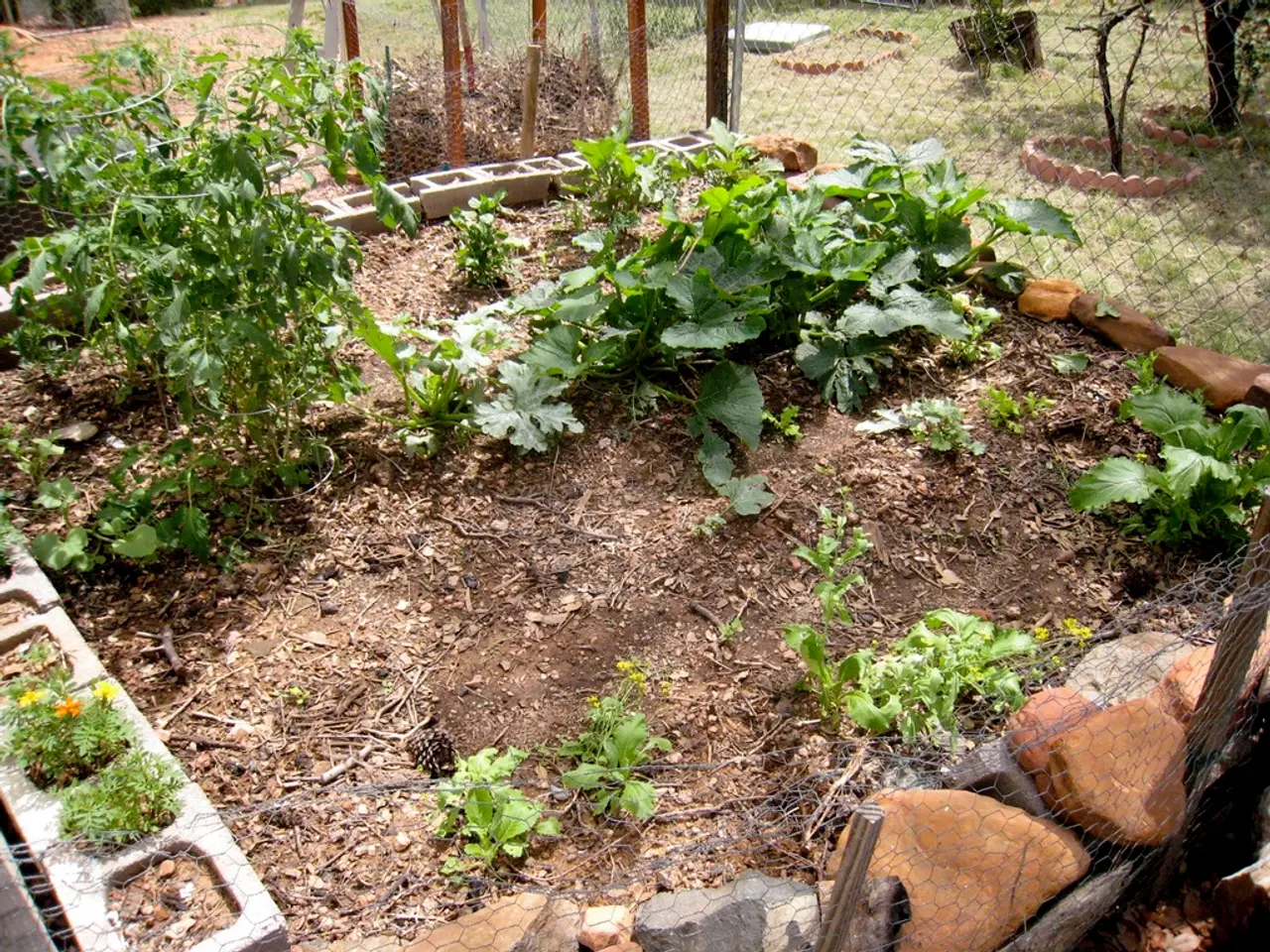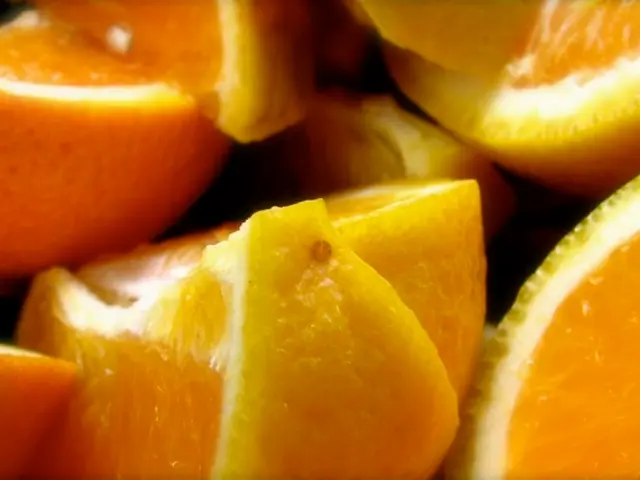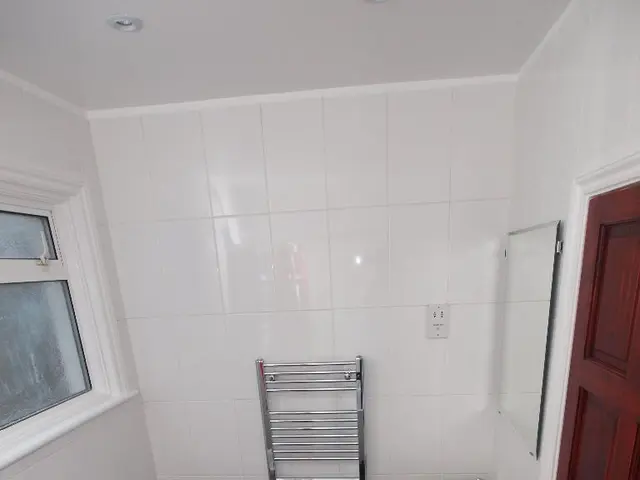Amplify the Potential of Your Container Garden with These Soil Blends
Improving Container Plant Health with Custom Potting Mixes
Container gardening has grown in popularity, but ensuring the health of container plants requires more than just filling a pot with garden soil. Native topsoil may lack the necessary nutrients or have suboptimal pH levels for container plants, leading to poor growth and potential harm.
To create a balanced and nourishing environment for container plants, it's essential to customize your potting mix to meet their unique needs. Compost, aged manure, or worm castings are added to provide essential nutrients for plants, while peat moss or coconut coir, perlite, vermiculite, or sand are commonly used ingredients for potting mixes.
A recommended custom potting mix for container gardening aims to improve drainage, aeration, structure, and nutrient content. This mix typically includes:
- Peat moss or coco coir (40-50%): Acts as a moisture-retentive yet lightweight base that holds water without becoming soggy. Peat moss is acidic and natural, while coco coir is a sustainable alternative from coconut husks and has good water retention too.
- Perlite or pumice (20-25%): These are lightweight, porous volcanic materials that improve aeration and drainage by creating air pockets in the soil mix, preventing compaction and waterlogging.
- Compost or screened organic matter (20-30%): Provides nutrient-rich organic matter and beneficial microbes to feed plants and improve soil structure.
- Vermiculite (optional, about 10-20%): Helps with water retention and aeration, often used alongside perlite depending on specific plant needs.
Additional amendments often recommended include lime to balance pH, slow-release fertilizer or worm castings for consistent nutrients, and mycorrhizae to enhance root nutrient and water uptake.
This mix provides a balance of good drainage, aeration, water retention, and nutrient supply, which are essential for healthy container plants. Adjust ratios based on specific plant types—succulents require more drainage materials like perlite and pumice, while moisture-loving plants may benefit from more peat or coco coir.
Make sure your container has good drainage holes for excess water to escape, and pre-moisten the mix before planting to help roots establish quickly. This approach reflects current expert recommendations for homemade potting mixes suitable for a wide range of plants in container gardening.
It's important to avoid mixing organic and synthetic soils, as the fertilizer in synthetic soils will kill the microbial life in organic soil. The ingredients you use in your potting mix will depend on the needs of your plants (e.g., herbs require more sand for drainage). It is also recommended to use a potting mix specifically designed for containers. Amending small amounts of soil to achieve the correct nutrient balance and pH levels can be challenging.
By understanding the importance of a custom potting mix and following these guidelines, you can create a thriving container garden that brings joy and beauty to your home.
[1] Gardening Know How. (2021). The Best Potting Mix for Container Gardening. [online] Available at: https://www.gardeningknowhow.com/garden-how-to/soil-fertilizers/potting-mix-for-container-gardening.htm
[2] The Spruce. (2021). The Best Potting Soil for Container Gardening. [online] Available at: https://www.thespruce.com/potting-soil-for-container-gardening-1412821
[3] The Old Farmer's Almanac. (2021). Potting Soil Recipes for Container Gardening. [online] Available at: https://www.almanac.com/content/potting-soil-recipes-container-gardening
[4] Cornell University. (2021). Potting Soil. [online] Available at: https://gardening.cornell.edu/homegardening/potting-soil/
[5] The University of Maine Cooperative Extension. (2021). Potting Soil Mixes. [online] Available at: https://extension.umaine.edu/publications/4415e/
Note: This article is a compilation of information from various reputable sources, including Gardening Know How, The Spruce, The Old Farmer's Almanac, Cornell University, and The University of Maine Cooperative Extension. The sources are listed for reference and further reading.
Container gardening can enhance your home-and-garden lifestyle by providing a variety of plants within your home, and a customized potting mix is essential for ensuring the health of container plants. To create a thriving container garden, consider a mix that includes peat moss or coconut coir, perlite, compost, vermiculite, lime, slow-release fertilizer, and mycorrhizae. Adjust ratios based on the specific needs of your plants for optimal growth.




